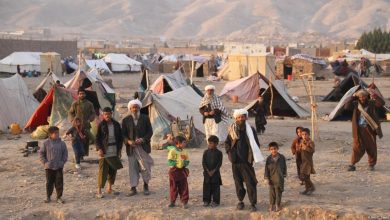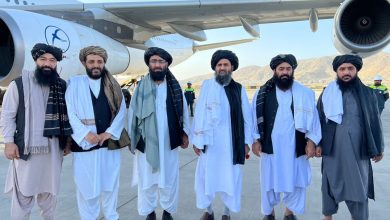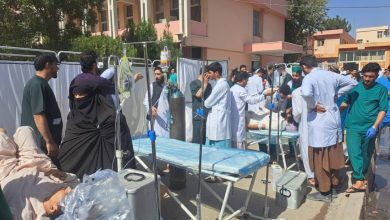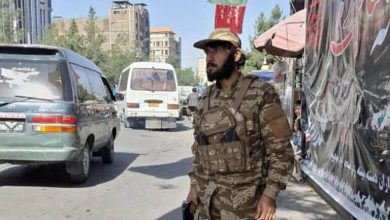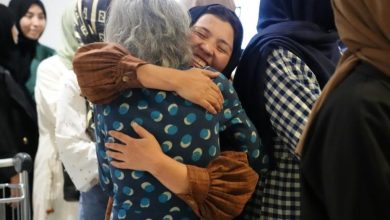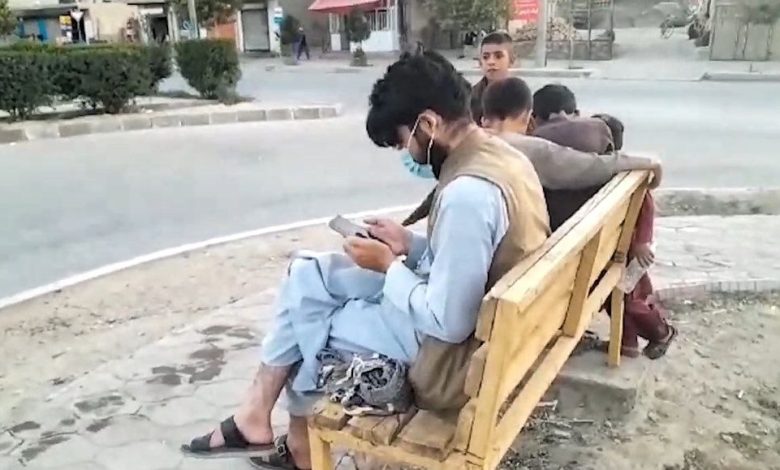
Youth from Southern Afghanistan: Unfortunately, Our Voices Are Not Heard
Bayan News – The United Nations Assistance Mission in Afghanistan (UNAMA) has announced that over the past year, it has facilitated ongoing dialogues among youth in southern Afghanistan.
In a statement released on Monday (December 2), UNAMA reported that youth from southern provinces came together to engage in dialogue and exchange ideas to formulate a shared vision for the country’s future.
The statement reads: “Through open discussions and shared goals, they developed a plan that reflects their aspirations for stability, progress, and prosperity. This plan is intended as a framework for engagement with governing authorities and the international community.”
The youth who convened in Kandahar with UNAMA’s support were residents of Kandahar, Helmand, Nimroz, Uruzgan, and Zabul provinces.
UNAMA highlighted that these continuous discussions culminated in the creation of a plan that mirrors the hopes and challenges faced by Afghan youth.
Despite confronting significant obstacles such as widespread unemployment, this initiative demonstrates the commitment and determination of Afghan youth to shape a more inclusive and hopeful future for all.
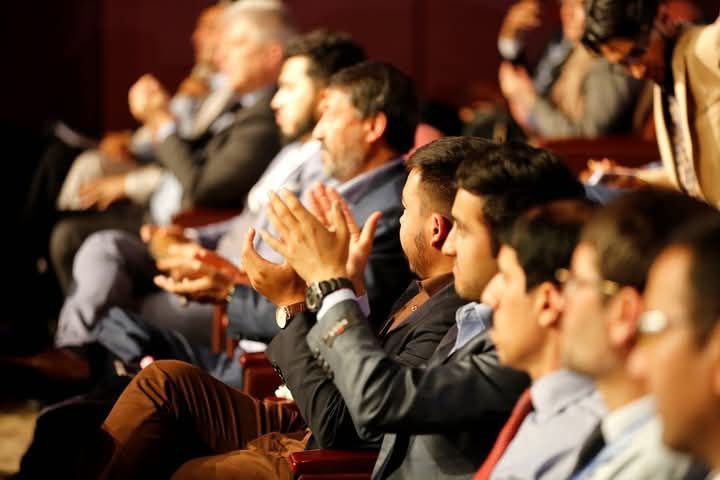
During the program organized by UNAMA, one young participant, speaking with international representatives, said: “Unfortunately, we feel that our voices are not heard. We feel isolated and hopeless. We do not want to merely survive; we want opportunities to thrive and contribute to the development and future of our country.”
UNAMA noted that Afghanistan has one of the youngest populations in the world; according to some estimates, three-quarters of the population is under the age of 30.
However, decades of war, instability, and lack of development have disproportionately impacted the country’s youth, particularly in rural areas. They continue to face severe challenges such as unemployment, illiteracy, poverty, and social isolation, while many seek better opportunities abroad.
UNAMA added that Roza Otunbayeva, the UN Secretary-General’s Special Representative, updated southern Afghan youth on current developments, including microcredit initiatives and the Doha political process.
In the program, participating youth acknowledged improvements in security and the reduction of opium cultivation across Afghanistan as positive developments.
However, they expressed concerns over rising unemployment, limited access to education, the lack of basic human rights, and the widespread impacts of climate change.



